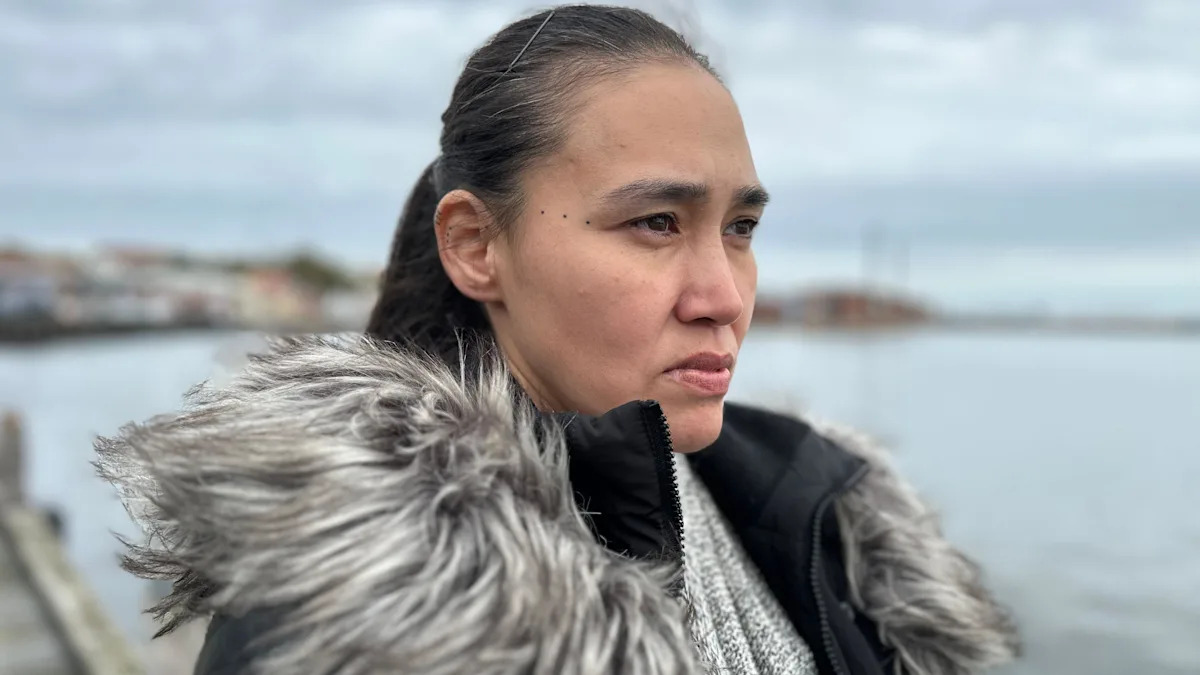Home / Crime and Justice / Greenlandic Families Fight Danish Child Seizures
Greenlandic Families Fight Danish Child Seizures
24 Nov, 2025
Summary
- Danish parenting tests used on Greenlandic families are criticized for cultural bias.
- Greenlandic parents are 5.6 times more likely to have children taken into care.
- Denmark banned the tests but is slow to review past cases of child removal.

Danish social services have been accused of unfairly removing children from Greenlandic families living in Denmark. A key issue is the use of parenting competency tests (FKUs), which critics argue are culturally biased, administered in Danish, and do not accurately predict parenting skills. These concerns have led to Greenlandic parents being significantly more likely to have their children placed in care compared to Danish parents.
While Denmark banned the use of these tests on Greenlandic families in May, the process of reviewing past cases where children were taken away is moving slowly. Families like Keira's and Johanne's describe heartbreaking separations and distress caused by the assessments, with allegations of demeaning and culturally insensitive questioning.



